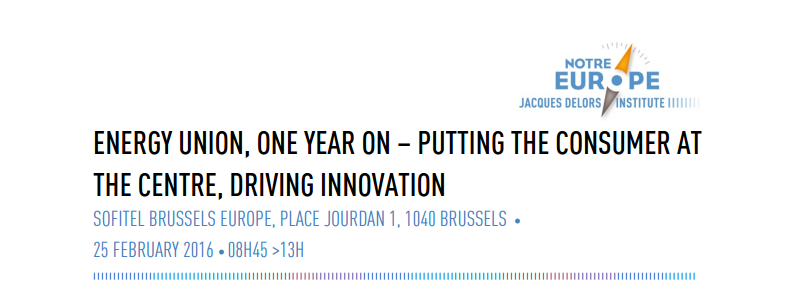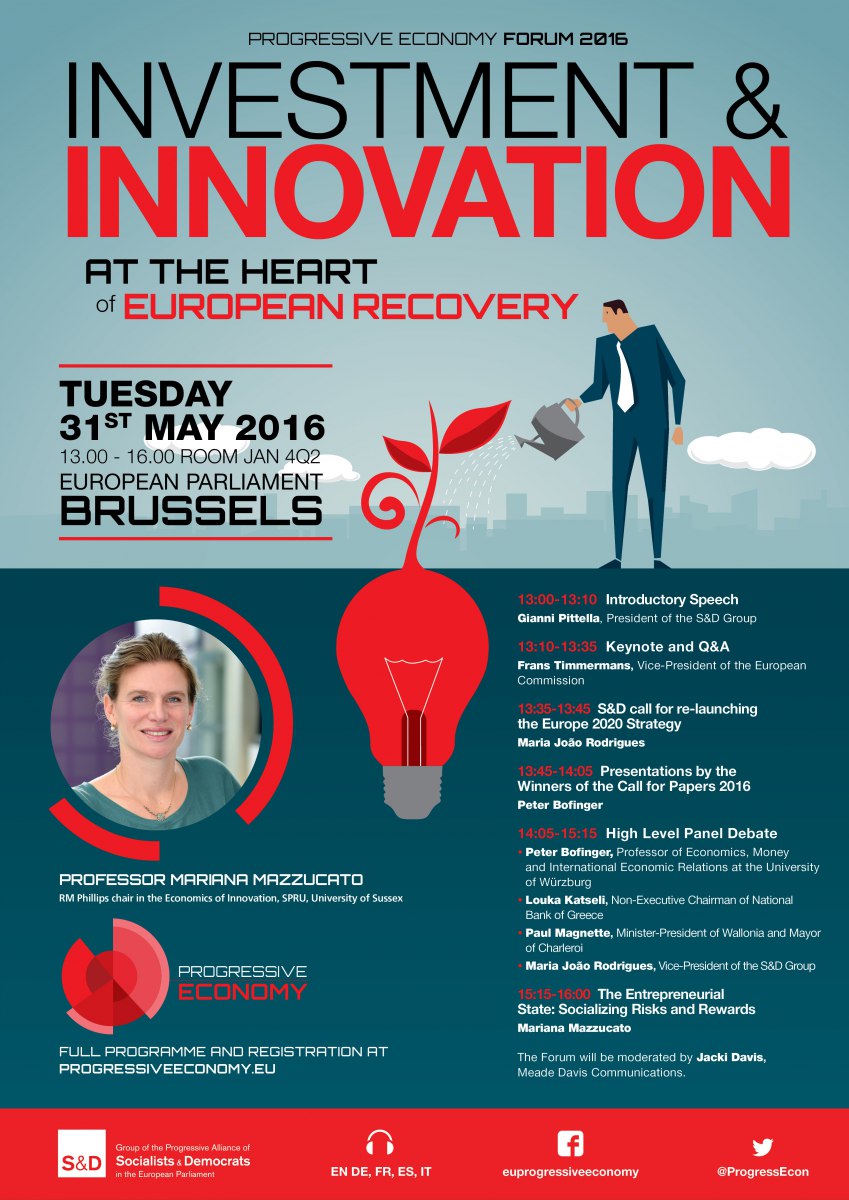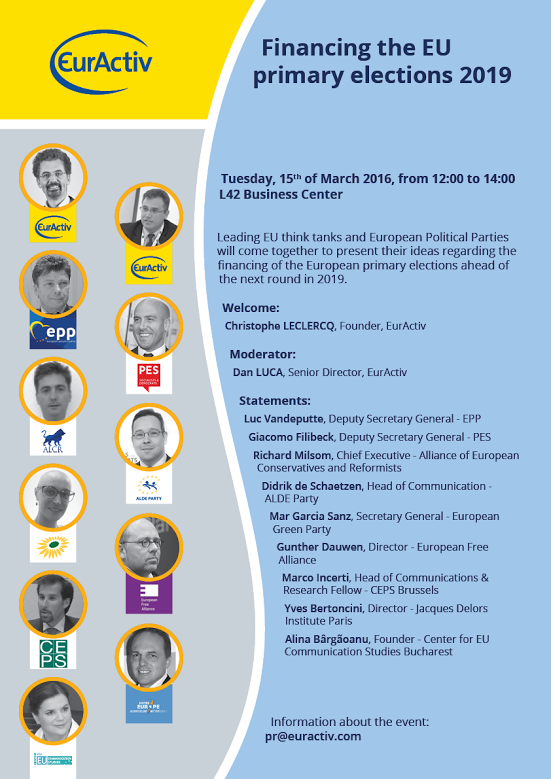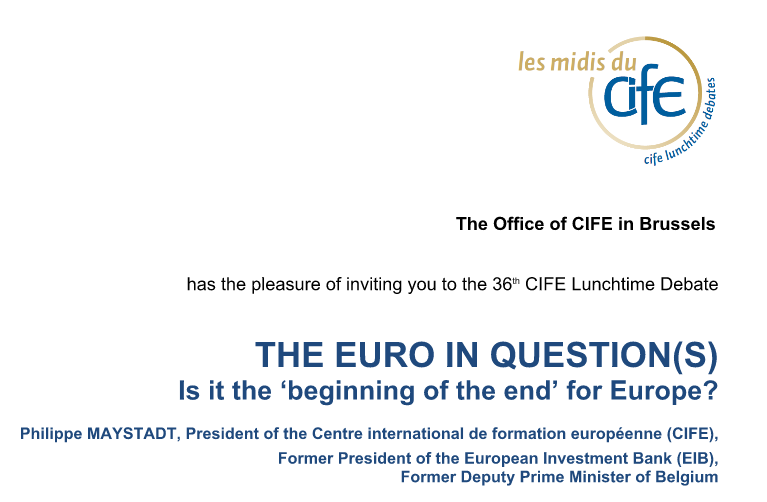ACCA and UEAPME invite you to
Modernising European insolvency law: a second chance for businesses towards stabilizing the real economy and ensuring better financial stability?
hosted by Sajjad Karim, MEP
10 July 2012
18.15 -20.00 pm, followed by a cocktail
European Parliament room PHS7C050, Brussels
Insolvency law must strike the right balance between several objectives and foster discipline and transparency in financial management. It shall firstly try and avoid liquidation of potentially viable companies in facilitating their rehabilitation. When such a rehabilitation proves impossible, it aims to ensure orderly market exit of inefficient entities in protecting creditors' rights while safeguarding the interests of shareholders and customers.
The EC Regulation on Insolvency Proceedings came into force throughout the European Union, with the exception of Denmark, on 31 May 2002. It governs how the bankruptcies of both companies and individuals should be coordinated between several EU countries and aims to improve legal certainty as well as to encourage cooperation in cross border cases. Ten years on from its introduction, considerable changes in the economic and political environment, including the recent financial crisis, galloping globalisation and businesses relocations, require to take a fresh look at the regulation. The European Commission is thus now seeking to improve the current framework and remediate problems linked to its implementation and the disparity that arises from different national insolvency laws.
With about 600 businesses liquidated every day, insolvency is an essential part of a modern single market. It is the right timing to assess the general effectiveness of the EU insolvency regime and if there is room for improvement and modernisation. In the current financial climate it is also timely to consider whether the EU framework and national regimes do enough to encourage the rescue of viable businesses that are experiencing pressing short-term problems.
UEAPME and ACCA are therefore delighted to invite you to a roundtable discussion that will seek to exchange views and practical experiences on how to encourage a rescue culture and how new rules could make cross border insolvencies more efficient and appropriate to deal with the demands of businesses operating on an international basis, though without jeopardizing legal certainty and creditors' rights.
A panel of experts will namely discuss whether the scope of the EU insolvency framework is sufficient or needs to be expanded to include pre-insolvency proceedings, whether there are problems with its interaction with other aspects of EU and national law - such as recognition, enforcement and national regimes- , whether the costs of cross border restructuring or reorganisation are disproportionate, and the challenges faced by the insolvency of groups
Panellists will also address how can insolvency law best address the needs of enterprises, including SMEs and how can legal procedures in cross-border insolvencies be made less costly/bureaucratic, and assess to what extent harmonisation of insolvency law could facilitate further harmonisation of company law in the EU.
RSVP by the 2 July at the latest.
For participants not possessing a permanent pass for the European Parliament please send your:
-date and place of birth
-nationality
-passport or ID number
Draft agenda
17.45 pm registration
18.15 pm Welcome speech by the host, Sajjad Karim, MEP
18. 25 pm Key note speech, Paraskevi Michou, Director at the European Commission’s DG Justice
18.35pm Roundtable moderated by John Davies, head of technical, ACCA
- Joanna Drake, Director, SMEs and Entrepreneurship, DG ENTR
- Robert van Galen, chair of the EIR Review Group and board member of INSOL EUROPE
- The Italian experience, Giulia Pusterla, CNDCEC Board member
- The UK experience, Catherine Burton, Lawyer, DLA and UK insolvency trade body
- The Belgian experience, Olivier Delaere, Coordinator "Tussenstap", Zenito, Belgium
- Luc Hendrickx, Director, Enterprise and International affairs, UEAPME
19.35 pm Q&As
20.00 pm Concluding remarks, MEP Karim
20.05 pm Cocktail reception


































